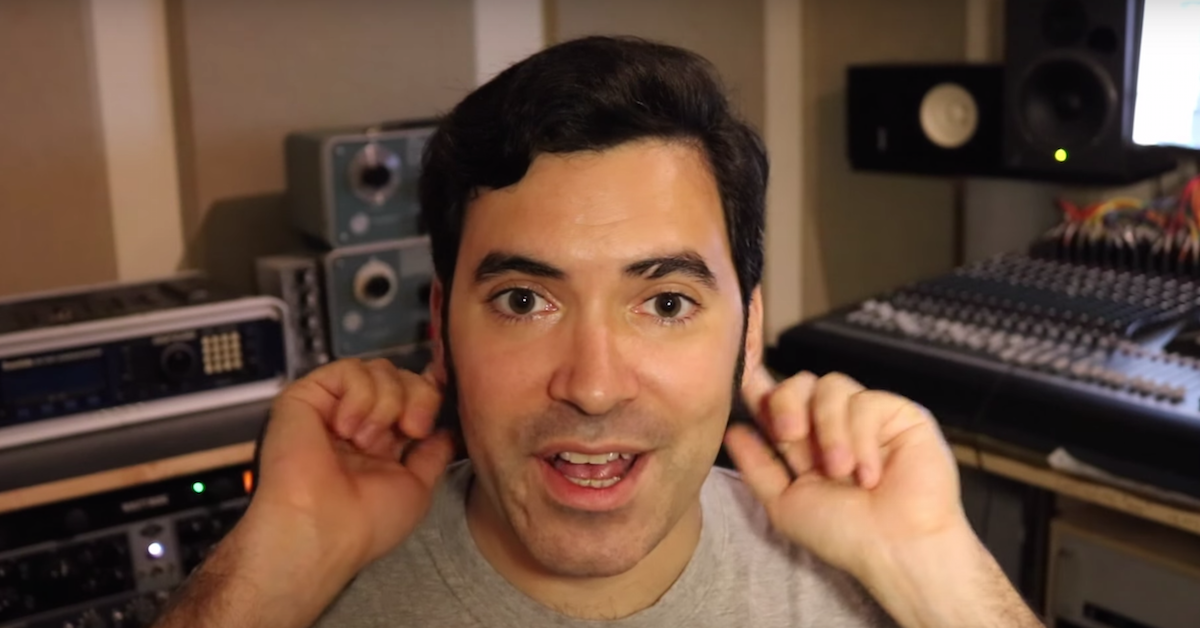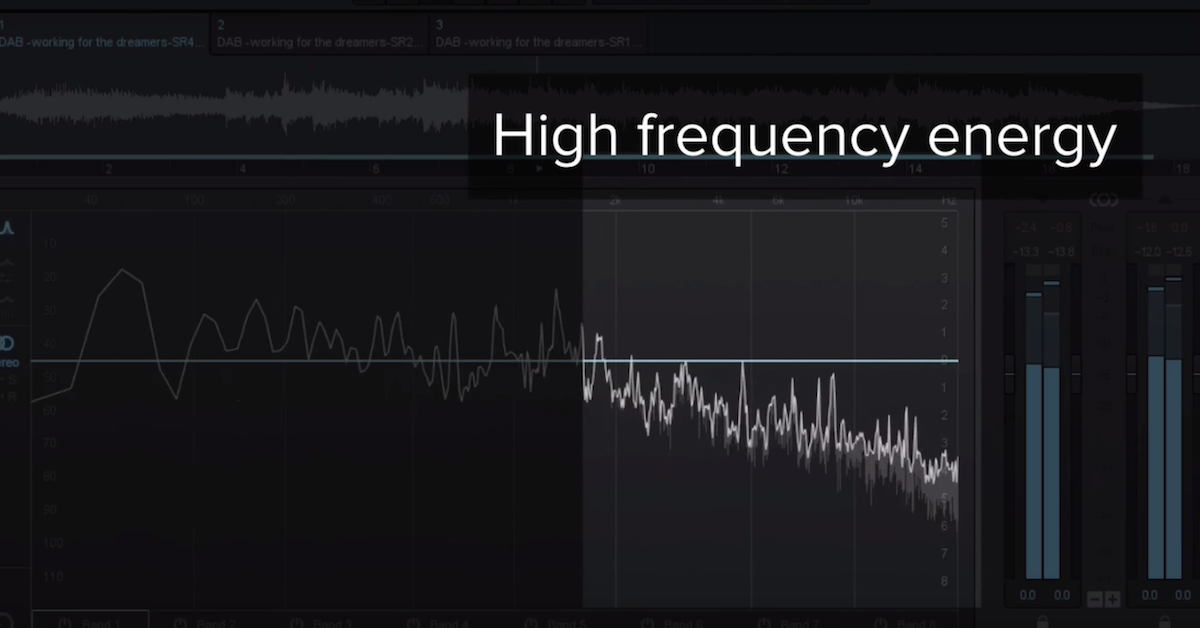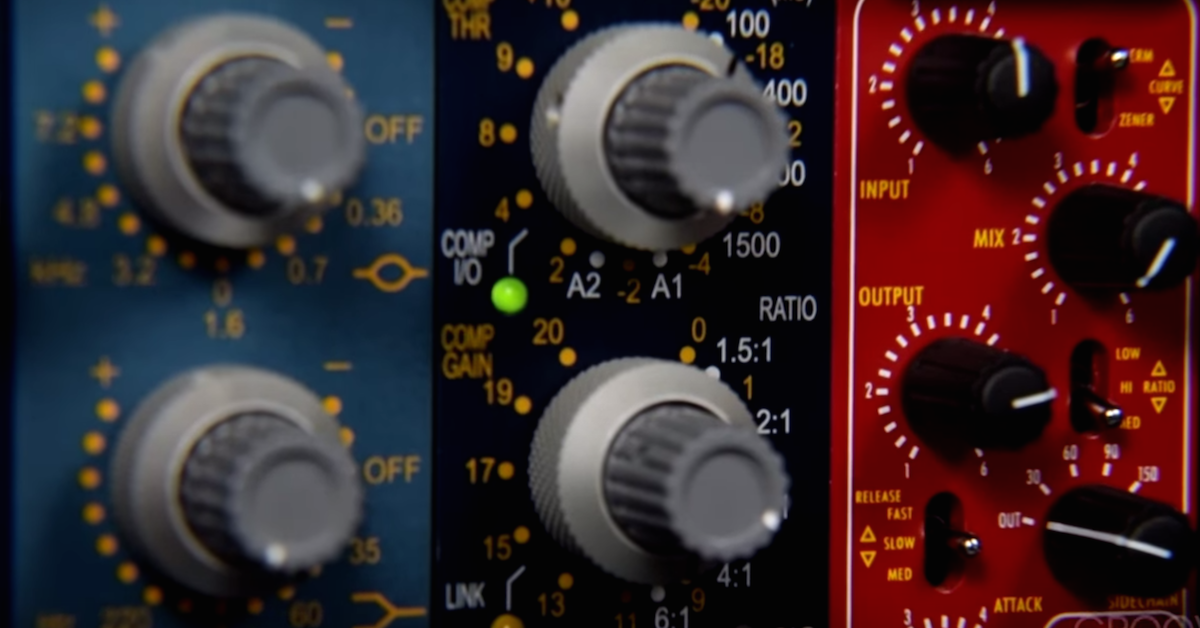Recording Studio Rates 101
Article Content
Studio and engineering rates have been in a strange flux for the past 10 to 15 years. Recently, a large divide is pushing the medium-priced studios out of the market, or forcing them to one of the two extremes. Read on to discover more about this divide, and what you can do to help ensure your studio stays afloat…
How the Market Has Changed
Let’s begin with a brief overview of just a few important facts that have changed the recording industry in the past few years. First, the advent of affordable home recording systems has opened opportunities up to many more people.
On the positive side, it is much easier to at least get started in the industry, learn, and craft a few skills. Before, the industry was very closed and you usually needed a connection of some sort to break in. However, this ease of access has flooded the market with an extreme number of ‘subpar’ engineers. Sometimes they don’t realize the years and years of experience necessary to learn how to listen, what to listen for, and how to really use the equipment and tools in the studio. But, they have their groups of friends, who are most likely musicians of some kind, and offer to record those friends for free, or next to nothing. While that’s great for those relationships, it is very much killing off the professional market for local-based artists.
Second, and related, the number of schools offering courses in ‘Recording Arts and Sciences’ and the number of students they graduate promising a career in the industry has also flooded the market with engineers who many times do not have the necessary experience or talent to compete on a professional level. Now don’t get me wrong, I strongly support schools offering courses in the field and providing valuable experiences. I also strongly support all who wish to test their hand in the industry. Go for it! But we still need to be realistic: Engineering is just as much of a creative art form as the music itself, and requires just as much skill and talent. While I’m sure there are plenty of talents who come out of these schools, I have yet to personally meet a single graduate who I can see running a successful studio in the future, and I deal with interns from these schools on a daily basis.
These two factors have increased the number of available engineers by at least the hundreds of thousands around the world. In general, they start up with a small setup either from their own savings, or supplied by their institution, and charge next to nothing. I’m not quite sure how they hope to make any money, or if they hope to make any money, but experience has shown that most often these studios or engineers cannot afford to run their businesses for very long.
The Great Divide
And so we have come upon the topic of the divide: Inexperienced engineers have driven the going rates for recording down to almost free by the mere fact that so many of them exist and ‘just want to help their friends’. At the same time, professionals in the industry still sit on top of the world, charging high rates, but also providing stellar quality products and services. But what’s happened to those in the middle? And is it even possible to climb the ladder from ‘less-experienced but talented’ to professional?
Those in the middle, those who are on the brink of turning professional, are facing the greatest challenges. They have gained the necessary experience to be a valued asset to artists. They have accrued the necessary equipment to provide professional services. And they are now starting to build a professional client list and portfolio, not just friends. Yet they are being forced to make a tremendously difficult decision:
“Do I charge a low rate to compete with all of the up-and-comings? I know I can provide better quality, so I should get more business, right?”
Or
“Do I charge a high rate and compete with all of the established pros? I know I can compete, make more money, and keeping building a strong client list, but do I have a strong enough reputation to even get any clients?”
If they charge a ‘middle-of-the-road’ rate, they will most likely get no business. The low rates are drawing all of those musicians on a budget over to their side, while the more established musicians and those seeking a hands-down professional result usually have the financial backing to afford the high-priced pros. The medium priced studios are slowly being weeded out.
The Problems of Charging Low Rates
How many of you have sat down and actually wrote up a business plan for your studio? It’s great that we all love audio and working in the industry, but I’m guessing you’d still like to at least make a little money, right? At least enough to support yourself and your company, and hopefully even a little more, right?
Well, I’m not going to do the math for you here, but it isn’t very hard to figure out how much you actually need to charge to make a living. But what I can tell you is that you will never be able to afford your company until you can at least charge $40 to $50 per hour. Much much more than that if you plan on running in a commercial space. But, $40 or $50 an hour puts you right smack in the ‘medium’ prices we discussed earlier. By choosing to charge less, you essentially tell your clients and those in the industry that you don’t feel you’re worth very much. You don’t have a lot of confidence. And to any business owner, that you really don’t have the necessary business acumen to run a successful studio. Good luck getting investors interested. And you had better plan on keeping your day job.
For those of you who want to be true professionals, once you have the real-life-in-studio experience to successfully give quality results at a high level, you must take the leap and charge a professional rate.
The Professional Engineer
In general, I would categorize a professional rate as something no lower than $75 per hour. I know some great engineers who charge that rate. But I also know quite a few who charge $100 per hour, and even higher. And that doesn’t always include the studio rate, that’s just to pay the engineer.
Without telling you exactly what I charge myself, I will just say that I’m in the ‘professional’ category. You won’t believe how many clients I get from cheaper studios who have had bad experiences or received poor quality recordings. As a friend of mine once told me, “Let them go to those places. You and I both know that they will come back to us on their hands and knees begging for studio time. Because we know how to treat them. We know how to make a recording. And we charge for that knowledge.”
So What’s Your Choice?
The low priced studios face a constant uphill battle. They are always losing clients to higher priced places, they never have an opportunity to build a professional client list, and they don’t make enough money to support themselves or their family, let alone their company.
If you call your studio ‘professional’ and you say that you provide ‘professional recordings’ then charge a professional rate. Low rates aren’t doing you any favors, and they are helping to kill off the industry. Clients will come in more prepared if they have to pay more money… in turn, they will make a better recording giving you better credits. Clients will also respect you and your wishes more when you yourself display the value you think you have. If you only think you are worth $15 per hour, then you can expect to be treated as such. When you charge $100 per hour, clients look up to you. And sometimes they even think you did a better job than you might have actually done.
You get what you pay for, and that fact will never change. Do yourself and your clients a favor, and charge a rate that they will respect and that you can make a living off.
Continue reading with Charging an Hourly Rate vs. Charging per Song.
Share your own thoughts about studio rates in the comments!





